How do hormones impact a man's fitness level? What role do hormones play in building and maintaining muscle? Within every man's body are hormones that are key to overall health and well-being.
Having a basic understanding of the hormones that are at work inside your body can help you to better understand how they may impact your physique, mood and overall health.
When hormones are out of balance, it can lead to a host of issues, including low libido, erectile dysfunction, infertility, bone loss, and muscle mass loss.
In this guide, we take a closer look at the male hormones, what they do, and how an imbalance can impact men's health. We'll also explore the most common causes of low testosterone, its symptoms, and how many Canadian men are affected by it.
Read on to learn more about male hormones and how to keep them balanced for optimal health and fitness.
What are male hormones and what do they do?
Male hormones are a group of hormones that play a vital role in men's health. These hormones include testosterone, dihydrotestosterone (DHT), and oestrogen.
Testosterone
Testosterone is the primary male hormone. It is responsible for developing the male sex organs, secondary sex characteristics, and muscle mass. In most men, the levels of testosterone peak in adolescence through early adulthood. They then begin to decline after the age of 30.
Dihydrotestosterone (DHT)
DHT is a by-product of testosterone. It is responsible for the development of the male sex organs and secondary sex characteristics. DHT levels peak during puberty and then begin to decline after the age of 30.
Oestrogen
Oestrogen is a hormone that is present in both men and women. In men, oestrogen is responsible for the regulation of the reproductive system, bone health, and body fat distribution. Like the other hormones, oestrogen levels begin to decline after the age of 30.

Are there other hormones that impact the male hormones?
There are other hormones that can impact the levels of testosterone, DHT, and oestrogen in the body. These hormones include:
Cortisol
Cortisol is a stress hormone that is produced by the adrenal glands. When cortisol levels are high, it can lead to an increase in the conversion of testosterone to oestrogen.
Luteinizing hormone (LH)
LH is a hormone that is produced by the pituitary gland. LH helps to regulate the production of testosterone in the testes.
Follicle-stimulating hormone (FSH)
This hormone is produced by the pituitary gland and regulates the sperm within the testes, especially in the production of healthy sperm.

What are the main causes of low testosterone?
As men age, they gradually produce less testosterone. This age-related decline in testosterone is called andropause. Andropause can start as early as the age of 40 and continues throughout the remainder of a man's life.
As testosterone levels decline, men may experience a number of symptoms, including low libido, erectile dysfunction, fatigue, muscle mass loss, bone density loss, and mood changes.
In addition to the natural ageing process, other factors can contribute to low testosterone levels. These factors include:
- Poor nutrition: A diet that is high in unhealthy fats and low in nutrients can lead to low testosterone levels. This is because unhealthy fats can block the production of testosterone.
- Lack of exercise: A sedentary lifestyle can lead to low testosterone levels. Exercise helps to stimulate the production of testosterone.
- Stress: Chronic stress can lead to high levels of cortisol, which can lead to low testosterone levels. Men who are under a lot of stress may find it challenging to maintain healthy testosterone levels.
- Sleep deprivation: Poor sleep can lead to low testosterone levels. This is because the body needs adequate rest in order to produce hormones.
- Certain medical conditions: Certain medical conditions, such as diabetes, obesity, and pituitary disorders, can lead to low testosterone levels.
- Certain medications: Certain medications, such as corticosteroids and opiates, can lead to low testosterone levels. This is because these medications can interfere with the production of testosterone.
What are the symptoms of low testosterone?
When your testosterone levels are low, you may experience a variety of symptoms. These symptoms can include:
- Low libido: Testosterone is responsible for the sex drive. When testosterone levels are low, you may experience a decrease in your libido.
- Erectile dysfunction: Similarly, testosterone is responsible for the production of erections. When testosterone levels are low, you may have difficulty achieving or maintaining an erection.
- Fatigue: Low testosterone levels can lead to fatigue and decreased energy levels. Over time, this can lead to feelings of depression.
- Muscle mass loss: Testosterone is responsible for the growth and maintenance of muscle mass. When testosterone levels are low, you may experience muscle weakness and wasting.
- Bone density loss: Testosterone is also responsible for the growth and maintenance of bone density. When testosterone levels are low, you may be at risk for osteoporosis.
- Mood changes: Low testosterone levels can lead to mood swings and irritability. You may find yourself feeling angry or depressed more quickly than usual.
As you can see, low testosterone levels can have a significant impact on your overall health and well-being. If you think you may be suffering from low testosterone, it is crucial to take steps to correct the problem.
Fortunately, there are a number of ways to improve testosterone levels. The key to taking the right steps forward is to know what ingredients to look for in a holistic testosterone plan.
How many Canadians are affected by low-t?
So, how prevalent is low testosterone in Canada?
Unfortunately, there is no simple answer to this question. This is because the symptoms of low testosterone can be subtle and easily attributed to other causes.
In addition, many men are reluctant to discuss their sexual health with their doctors. As a result, it is difficult to know how many men are affected by low testosterone.
However, doctors across Canada have begun to diagnose low-t issues in men within certain parameters. Under the umbrella term of "testosterone deficiency" or "TD", these doctors are seeing an increase in the number of men with low testosterone levels.
Recent studies evaluating the true prevalence of TD have been challenging to compare, especially when reporting is low and diagnosis is complex. However, these studies suggest that the occurrence of TD in adult men in mid-life may be as high as 25%.
The rate of TD increases with age. Studies in Canada have shown that the rates vary, including:
- 4–12% in men aged 50–59 years
- 9–23% in men aged 60–69 years
- 28–49% in men over 70 years old.
Although the exact prevalence of TD is unknown, it is clear that this condition affects a significant portion of the population and can profoundly impact the quality of life.
Consequently, awareness of TD and its symptoms is essential for both patients and physicians. Additionally, research into effective treatments for TD is ongoing and may lead to improved outcomes for those affected by this condition.
What to Do if You Think You Suffer from Low-T
Do you fear that you may suffer from low testosterone? If so, take heart. You are not alone. As we have seen, low testosterone is a common condition that affects men of all ages.
If you think you may be suffering from low testosterone, the first step is to speak with your healthcare professional. Those who are trained in the diagnosis and treatment of hormone-related conditions will be able to help you determine if your symptoms are due to low testosterone levels.
Your healthcare professional will likely order a blood test to measure your testosterone levels. In addition, they will ask about your medical history and any medications you are currently taking.
Being honest with your healthcare professional about your symptoms and concerns is essential. This will allow them to provide you with the best possible care.
Once you and your doctor have determined that you suffer from low testosterone levels, you can begin taking steps to improve your condition. These steps can range from making lifestyle changes to taking testosterone replacement therapy.
Making lifestyle changes is often the first step recommended for those with low testosterone levels. This is because many of the factors that contribute to low testosterone levels are within your control.
Why are healthy testosterone levels important?
When your testosterone levels are low, you may experience a range of bothersome symptoms. These can include:
- decreased sex drive
- erectile dysfunction
- fatigue
- depressed mood
- reduced muscle mass and strength
- increased body fat
- diminished bone density
Low testosterone levels can also lead to a decrease in your overall sense of well-being. This can impact your work performance, social life, and relationships.
When your testosterone levels are balanced, you will likely feel your best. For example, you may have more energy, a better sex drive, and an improved mood.
You may also enjoy increased muscle mass and strength and improved bone density. This can help you to avoid injuries and maintain your independence as you age.
Maintaining healthy testosterone levels is important for both your physical and mental health.
If you are concerned about your testosterone levels, speak with your healthcare professional. They can help you determine if your symptoms are due to low testosterone and recommend treatment options.
Can diet help or hurt your testosterone levels?
A common question that men ask is whether their diet affects their testosterone levels. The answer is yes.
Certain foods and nutrients are necessary for optimal testosterone production. For example, zinc is a mineral that plays an important role in testosterone production.
Good sources of zinc include oysters, beef, lamb, pumpkin seeds, and spinach. It is also important to get enough vitamin D. This vitamin can be found in fatty fish, such as salmon, and in fortified milk and cereals.
In addition to zinc and vitamin D, other nutrients are essential for testosterone production. These include magnesium, vitamin K2, and Boron.
You can get these nutrients from a variety of foods. Magnesium is found in dark chocolate, avocados, and almonds. Vitamin K2 is found in egg yolks and cheese. Boron is found in raisins, prunes, and nuts.
In addition to eating foods rich in nutrients that support testosterone production, there are also certain foods you should avoid. These include soy products, processed foods, and sugar.
Soy products contain phytoestrogens, which are plant-based compounds that can mimic the effects of oestrogen in the body. This can lead to a decrease in testosterone levels.
Processed foods are often high in unhealthy fats and artificial ingredients. These can also have a negative impact on testosterone production.
Sugar can cause spikes in insulin levels, leading to a decrease in testosterone levels.

What lifestyle habits impact testosterone?
Not only can food choices impact your testosterone levels, but so can lifestyle choices.
The lifestyle choices that can have the most significant impact on testosterone levels are:
- Smoking: research has shown that smoking can decrease testosterone levels
- Excessive alcohol consumption: those who drink excessively are more likely to have low testosterone levels
- Lack of exercise: regular exercise is critical for maintaining healthy testosterone levels
- Sleep: getting enough quality sleep is necessary for optimal hormone production
So, what lifestyle choices should you make to support healthy testosterone levels?
Reversing many of the above-mentioned lifestyle choices can help to improve your testosterone levels.
For example, quitting smoking, reducing your alcohol intake, and exercising regularly can positively impact your testosterone levels.
Getting enough quality sleep is also critical for optimal hormone production. Most adults need between seven and eight hours of sleep per night.
You can also begin to supplement your diet with a nutritional testosterone booster.
Testosterone boosters are designed to support healthy testosterone levels. They typically contain a blend of nutrients and herbs that have been shown to be effective in supporting testosterone production.
When choosing a testosterone booster, it is crucial to look for one that contains clinically-proven ingredients.
What ingredients should you look for in a nutritional testosterone booster?
Testosterone boosters are designed to support healthy testosterone levels. They typically contain a blend of nutrients and herbs that have been shown to be effective in supporting testosterone production.
When choosing a testosterone booster, it is vital to look for one that contains clinically-proven ingredients.
Some of the most effective ingredients for supporting testosterone production include:
- Zinc
- Vitamin D
- Magnesium
- Vitamin K2
- Boron
When selecting a testosterone booster, be sure to choose one that contains all of these ingredients. You should also look for a product that does not contain any artificial ingredients, fillers, or binders.
Low testosterone levels can have a significant impact on your health. If you think you may be suffering from low testosterone, it is important to speak with your doctor.
Your doctor can order a blood test to check your testosterone levels. They can also provide you with information on how to support healthy testosterone levels.
If you are looking for a nutritional supplement to support healthy testosterone levels, be sure to choose one that contains clinically-proven ingredients and does not contain any artificial ingredients, fillers, or binders.
Zinc, vitamin D, magnesium, vitamin K2, and boron are all effective ingredients for supporting testosterone production. By choosing a supplement that contains all of these ingredients, you can be sure you are giving your body the nutrients it needs to keep healthy testosterone levels.
Key Points on Male Hormones and Low Testosterone
Across Canada, men suffer from low testosterone levels. This can lead to a host of problems that can impact their quality of life.
Testosterone is a crucial hormone for men. It is responsible for many different functions in the body, including muscle growth, sex drive, and fertility.
Fortunately, there are ways that men can support healthy testosterone levels.
Making lifestyle changes, such as quitting smoking, reducing alcohol intake, and getting regular exercise, can all help to improve your testosterone levels. In addition, you can supplement your diet with a nutritional testosterone booster.
If you are concerned about your testosterone levels, speak with your healthcare professional. Consider adding a nutritional testosterone booster to your daily routine to help support healthy testosterone levels. With the right ingredients, you can give your body the support it needs to maintain optimal hormone health.
Suggestions for Men's Health
PEScience TruMulti Men's Formula









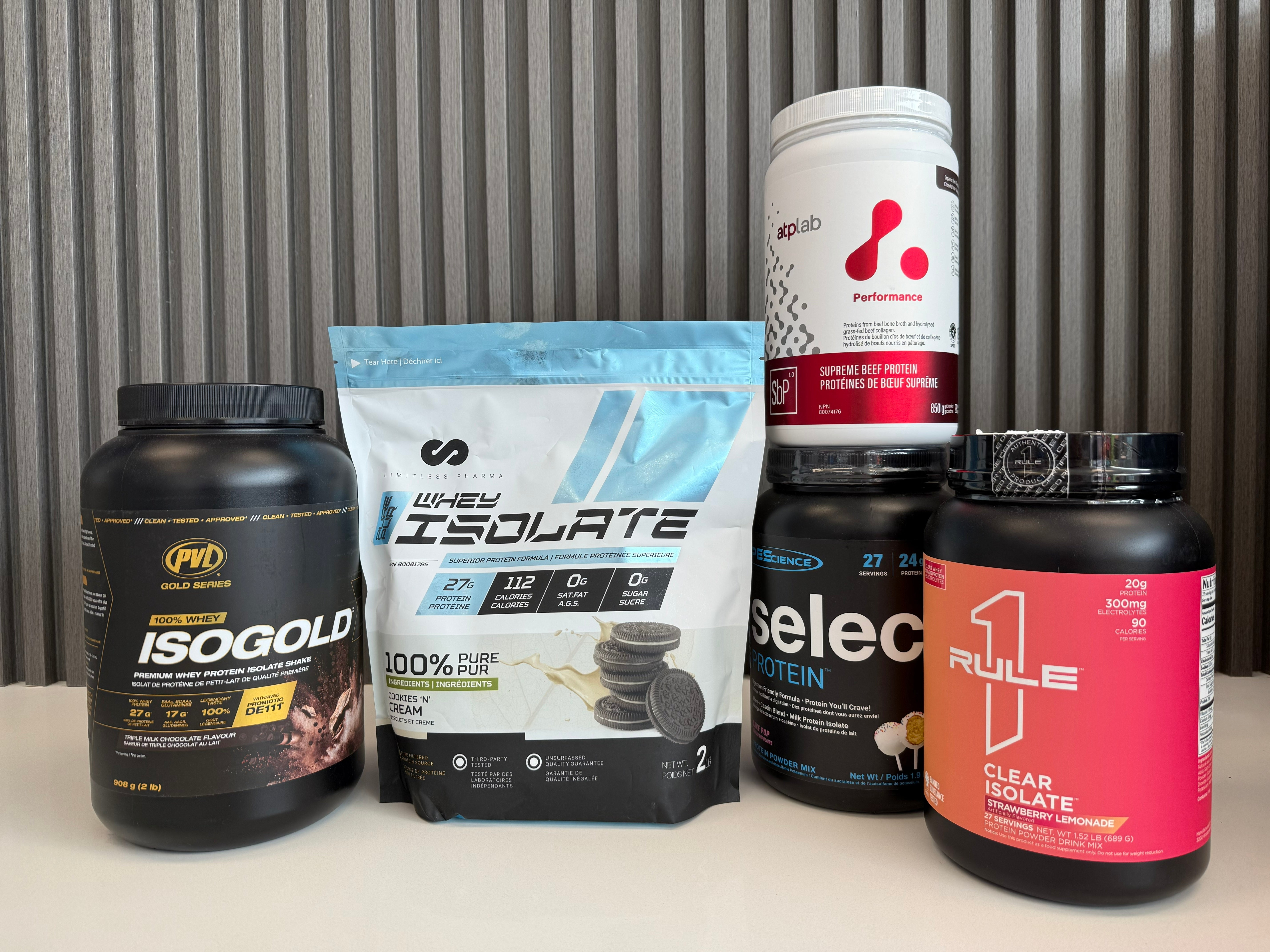
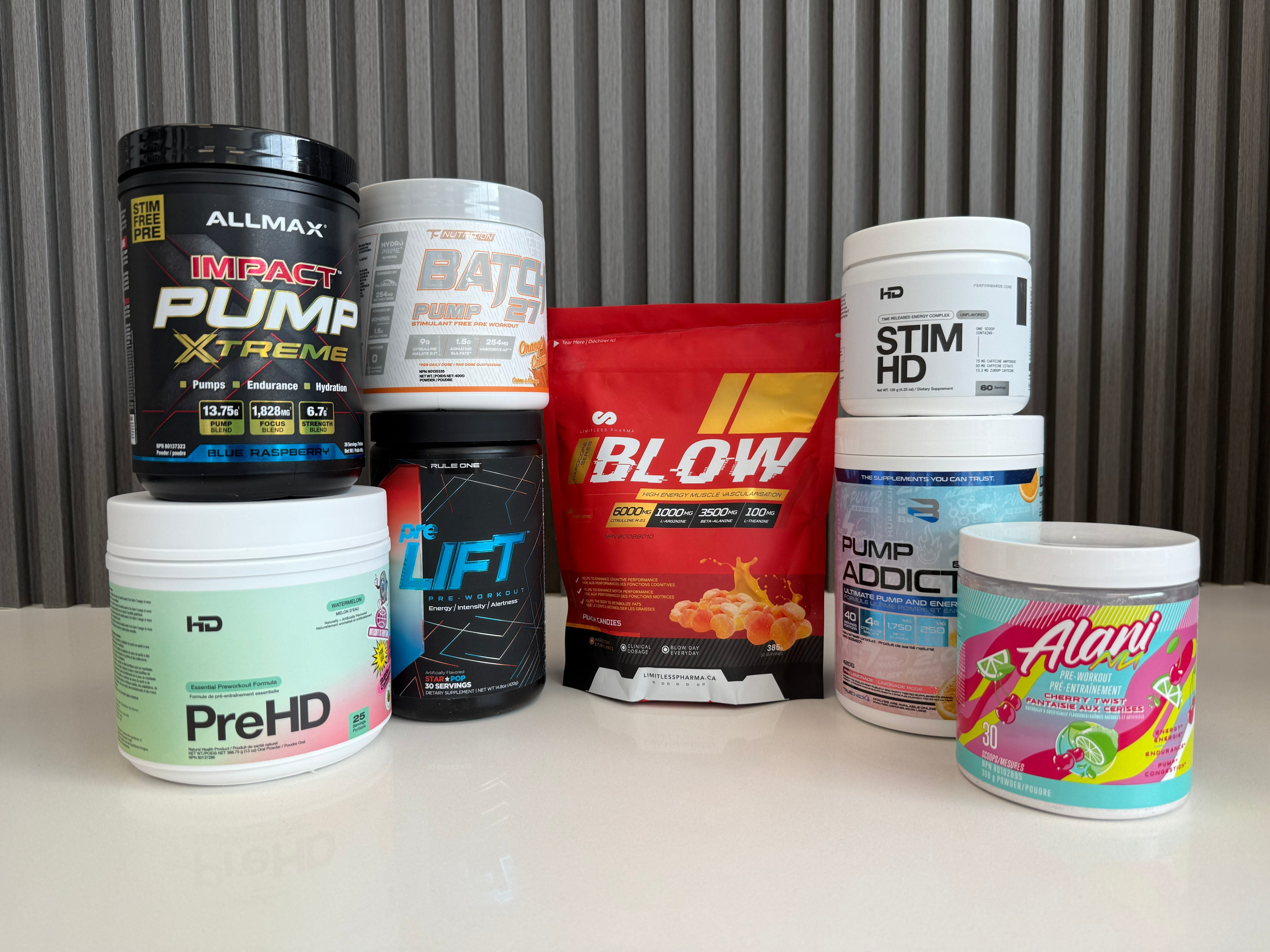
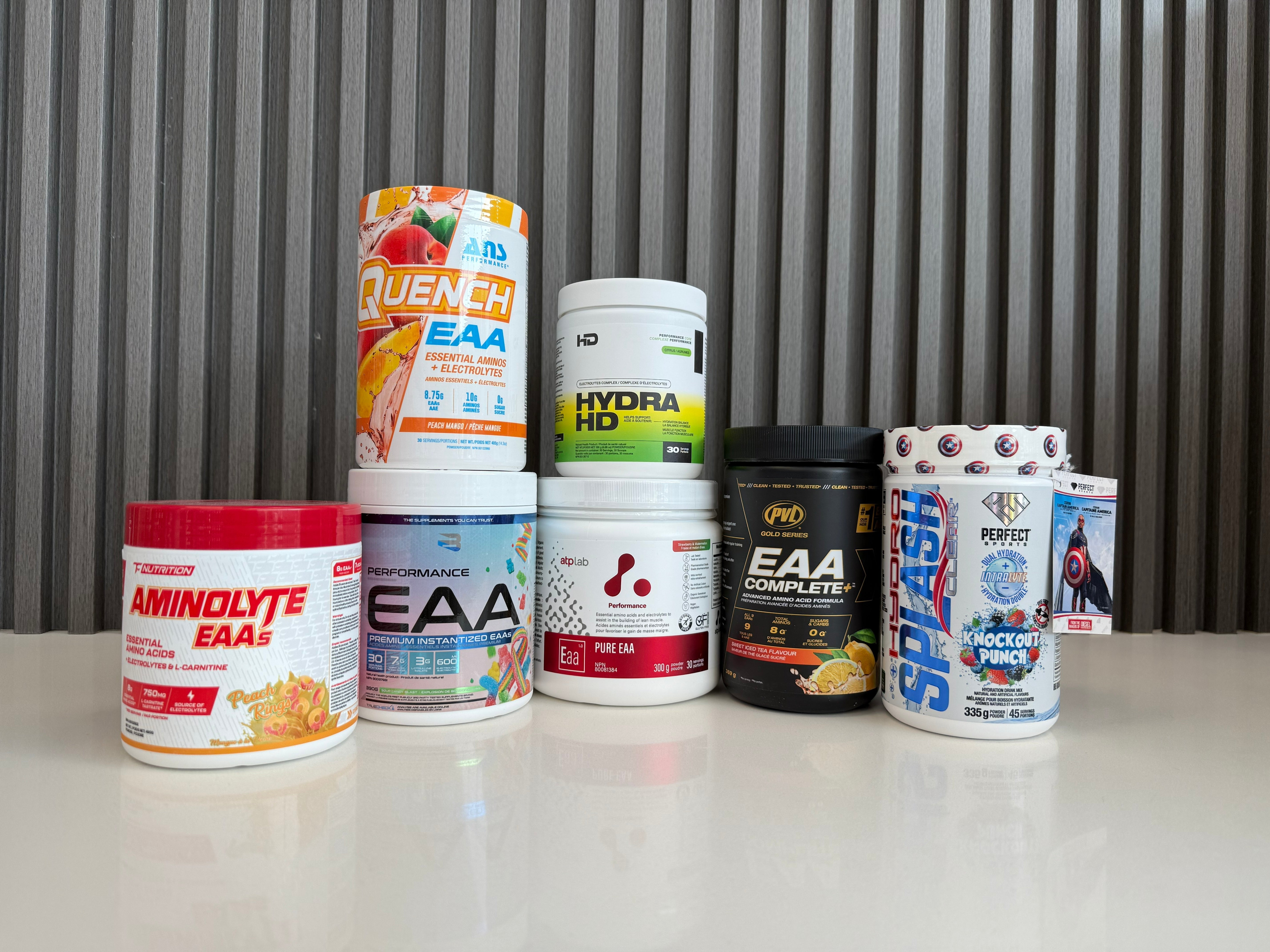
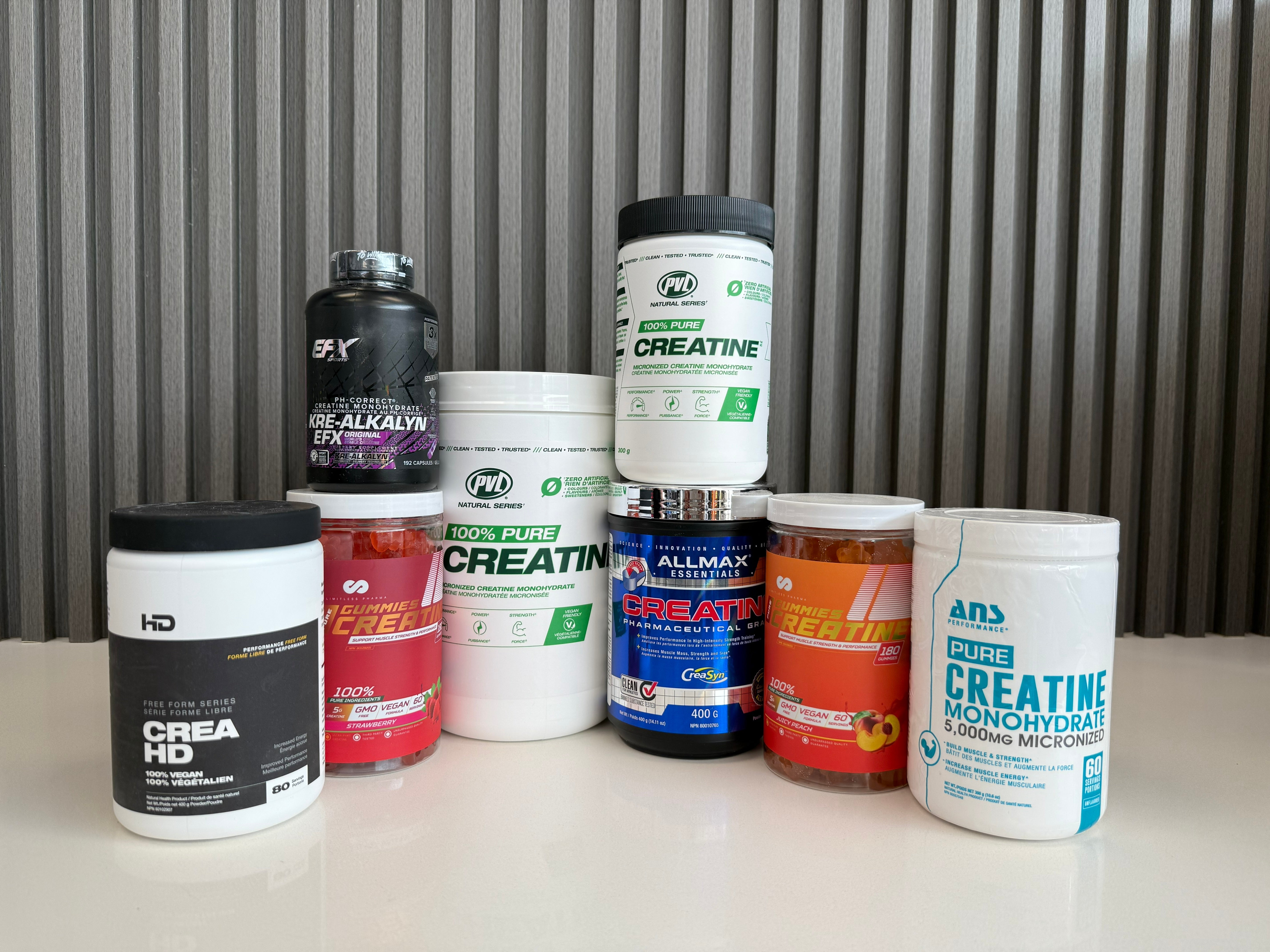
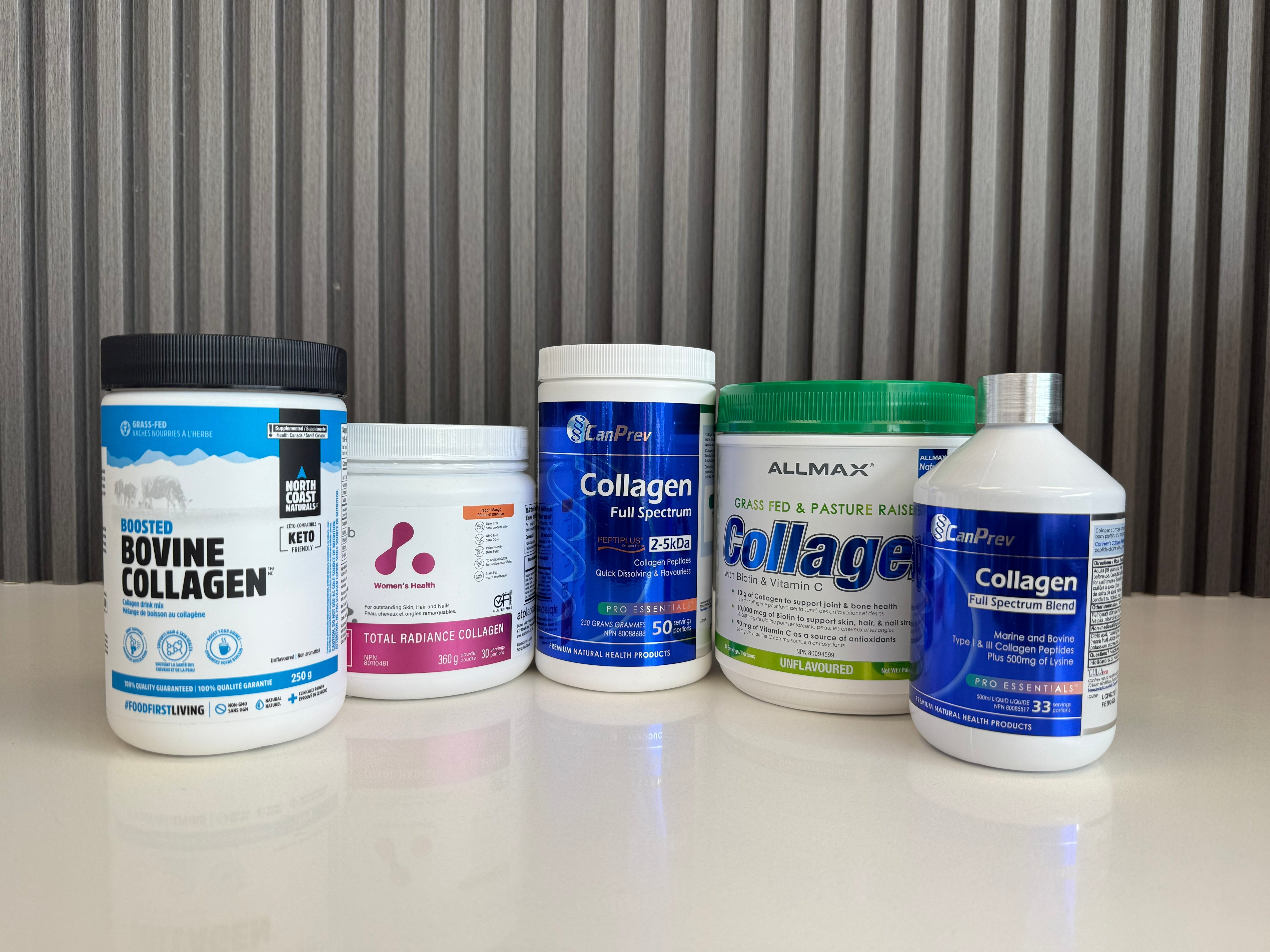
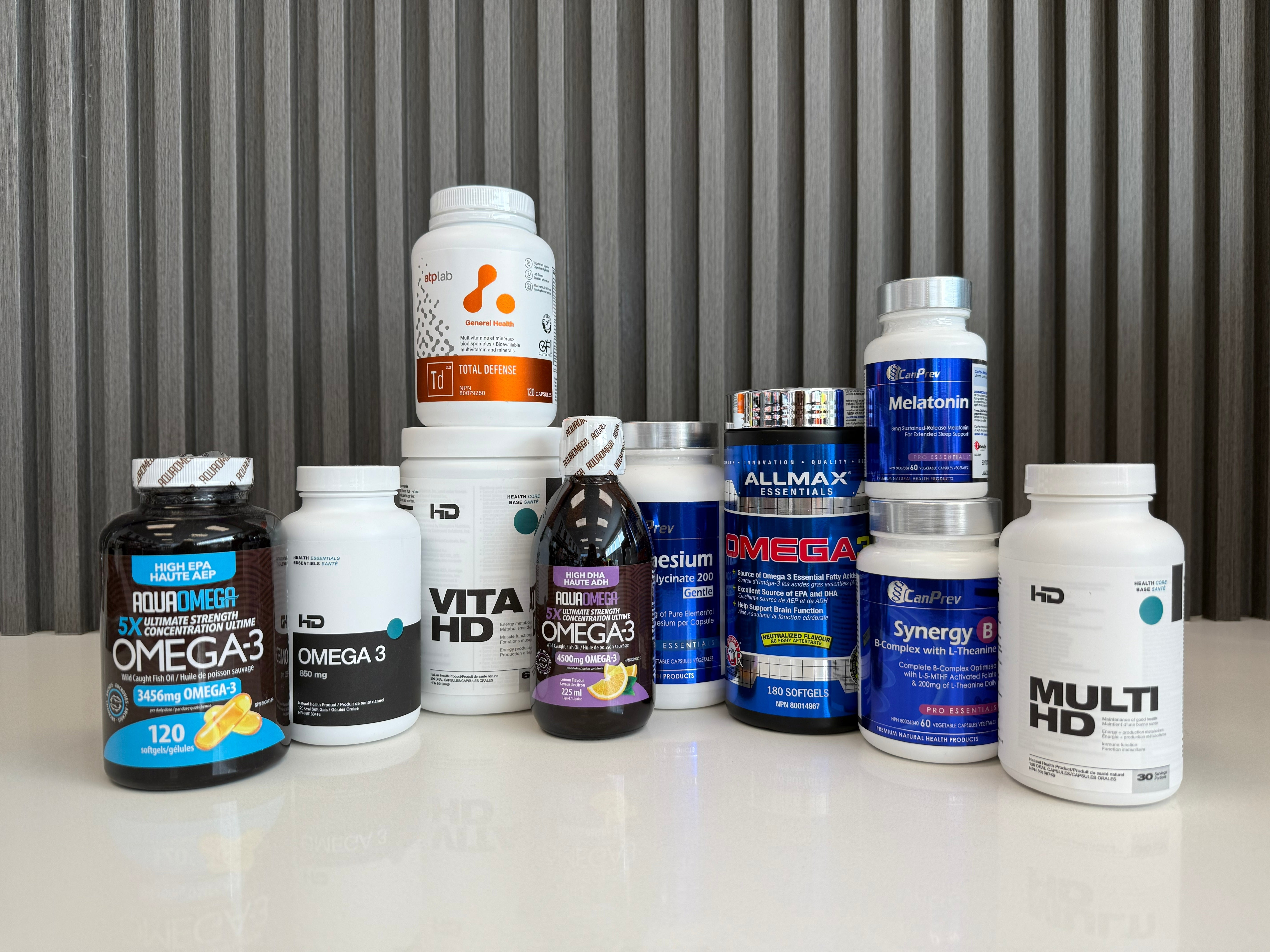
Leave a comment
All comments are moderated before being published.
This site is protected by hCaptcha and the hCaptcha Privacy Policy and Terms of Service apply.